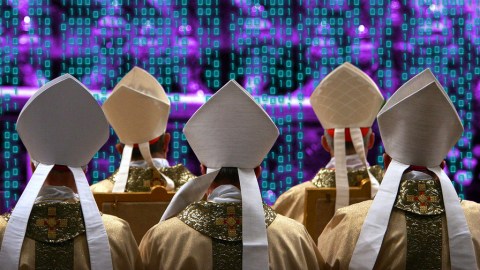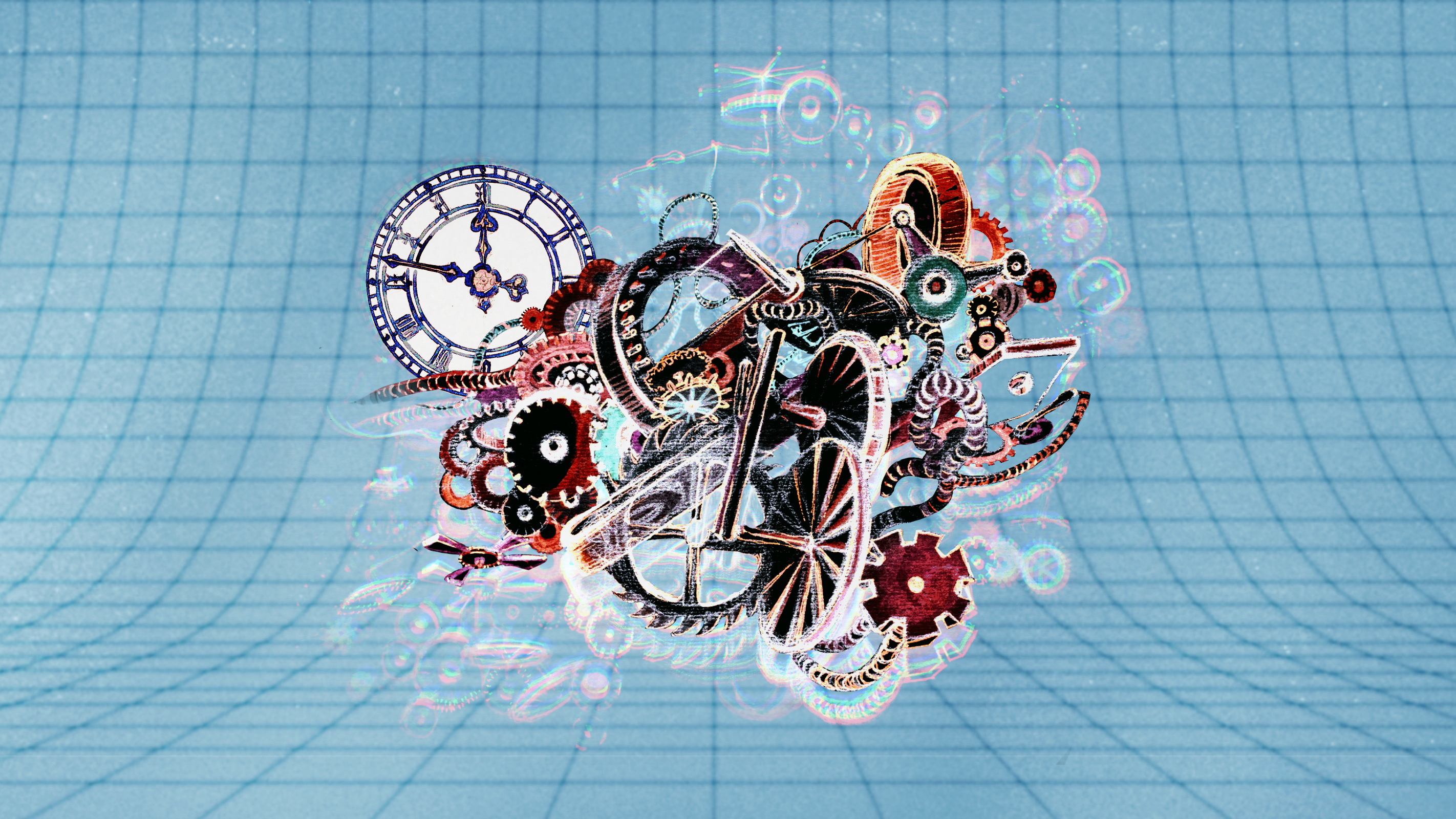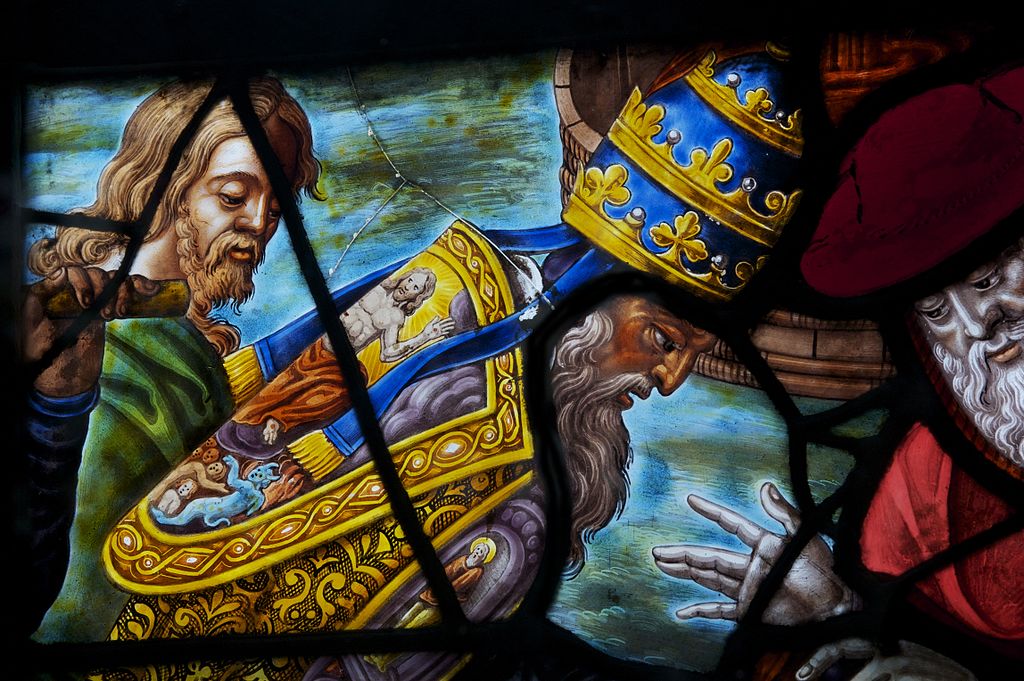The Vatican is hosting a hackathon right now. But why?

The Vatican is hosting a 36-hour “hackathon”.
The event, called ‘VHacks’ (because, of course!), brings together 120 students, who are right now in the middle of a 36-hour hackathon to solve what the Catholic Church believes are three of its primary concerns that need solving: social inclusion, interfaith dialogue, and assistance for migrants and refugees.

The effort was the brainchild of three people: Jakub Florkiewicz, a student at Harvard Business School, Reverend Eric Salobir, who is the founder of a technology think tank affiliated with the Vatican known as Optic, and Monseigneur Lucio Ruiz from the Vatican’s Secretariat for Communication.
Co-organizers for the event are the Pontifical Council for Culture and the Migrants and Refugee section of the Dicastery for Integral Human Development. Some tech partners, including Google, Microsoft, and Italian telecommunications company TIM have also signed on.
Whatever comes of it might just get traction from Pope Francis himself, who has 17 million Twitter followers and 5 million Instagram fans.
While it’s hosted at the Vatican, the organizers say it’s not a religious event. “Even if it’s facilitated by the Vatican as a religious institution, it’s a completely non-religious event,” said Florkiewicz.
Salobir concurs. “The point is not just to use it for the parishioners or the congregations, but to use technology for a broader purpose, to help society.”
One of the inspirations for the event was Pope Francis himself, who said in his 2017 TED talk, “How wonderful would it be if the growth of scientific and technological innovation would come along with more equality and social inclusion.”





